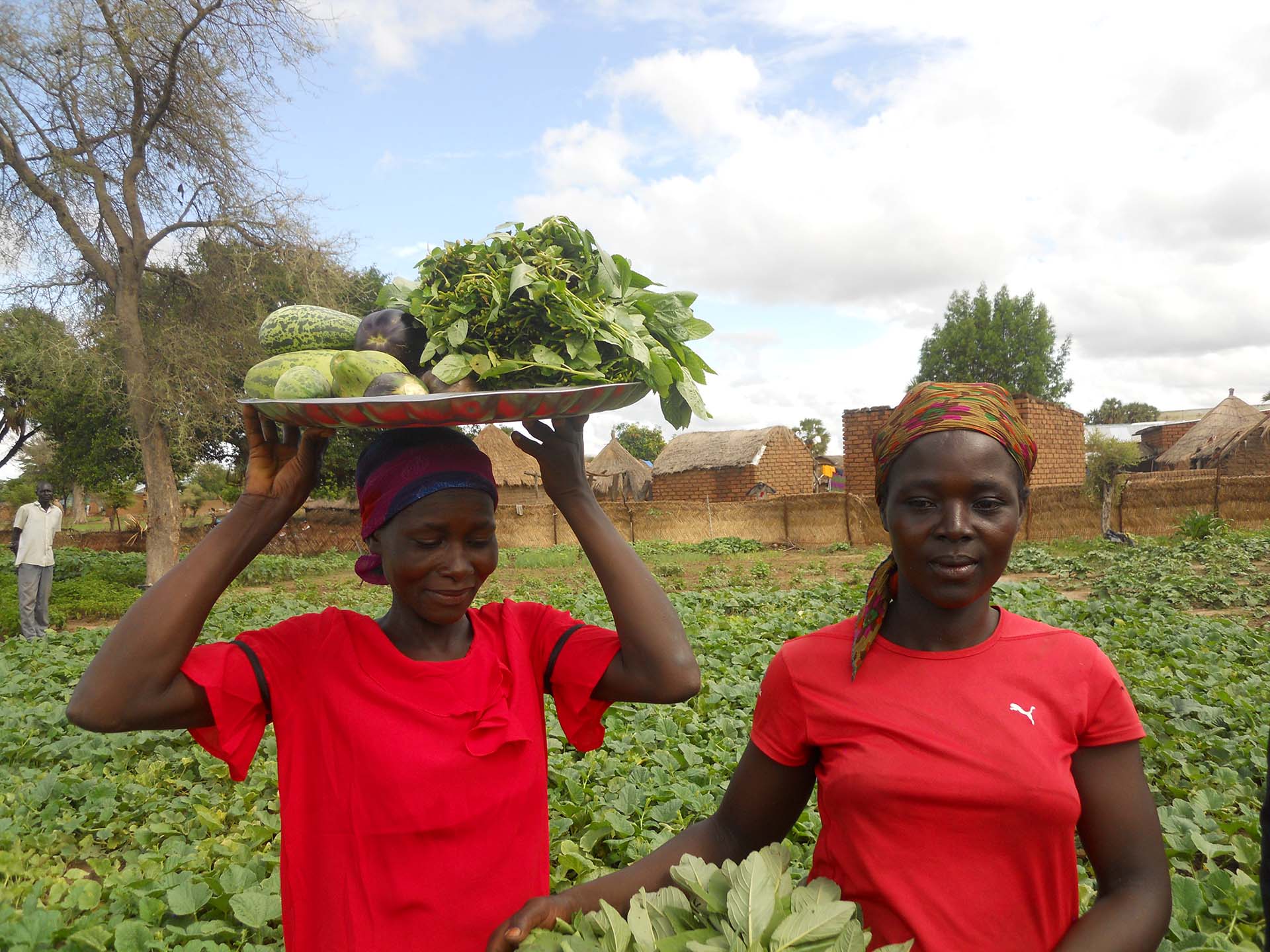Support the development and sustainable transformation of key agri-food systems in Chad, with a particular focus on increasing the income of women and youth in secondary cities and their agricultural production areas.
Places of intervention
The Agricultural Entrepreneurship Program (PEA) aims to support the sustainable transformation of agri-food systems in Chad by strengthening value chains and improving the income of women and youth. It is based on two main pillars: structuring sustainable agricultural value chains in the strategic N’Djamena-Douala corridor and strengthening the vocational training system. The approach implemented promotes agroecology and guides agricultural actors toward sustainable and inclusive models. More than 4,000 family farmers will benefit from training and technical support to improve their production and marketing practices. Furthermore, the project strengthens access to financing and governance of value chains. At the same time, the PEA promotes the economic integration of youth and women by adapting vocational training to the needs of the labor market. Support mechanisms will be enhanced to facilitate access to key professions in the agri-food transformation sector. By structuring value chains and improving employability, the PEA aims to contribute to food security and the sustainable economic development of Chad.
Our engagements
Structure the value chains in a sustainable and inclusive way at the production, transformation, and marketing levels on a local, national, and regional scale, including the support and development of agro-food SMEs focused on enriched flours. (Agroecology and enriched flours)
Improve the vocational training system in terms of accessibility, quality, and the alignment of curricula with the labor market, particularly in the agri-food transformation sector.
The project in action
- Conduct an agricultural diagnostic: market analysis, mapping of stakeholders
- Train producers in agro-ecology and related professions (bio-manufacturing, bread-making, etc.)
- Improve access to tools and inputs
- Raise awareness among producers and youth about agri-food professions
- Establish farmer field schools
- Train in agripreneurship
- Raise awareness and train entrepreneurs in self-employment
- Provide agro-food processing equipment
- Assist in the development of marketing networks
- Raise awareness of the different funding mechanisms
- Finance sustainable and innovative agricultural initiatives through microprojects
- ...









